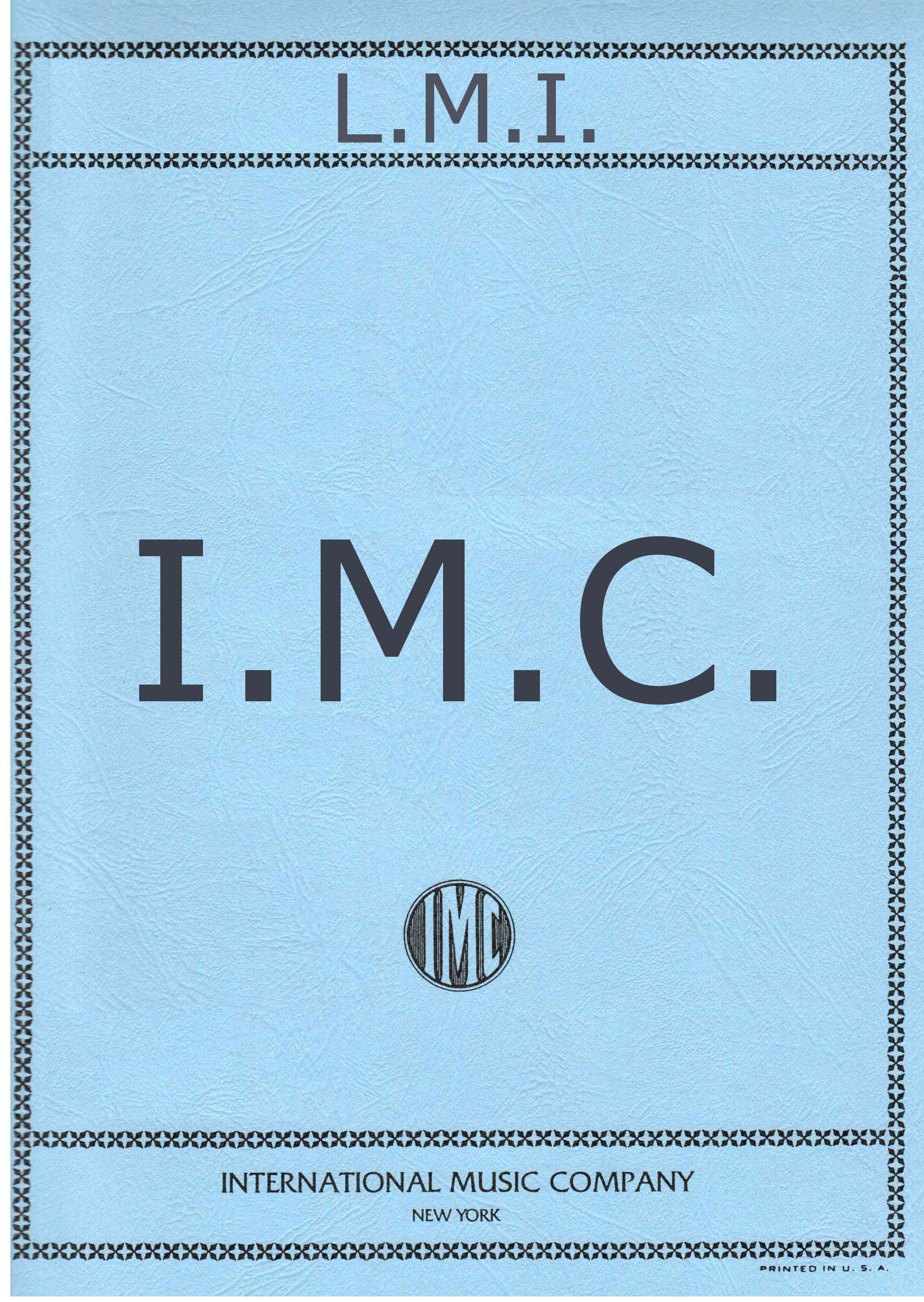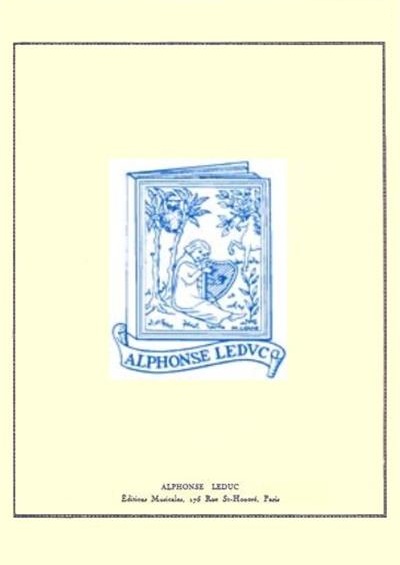Classique
Description :
Hans Winterberg, born in Prague in 1901, lived through almost the entire period of the 20th century and was influenced as a composer by its most important artistic innovations. Already a brilliant pianist as an adolescent, he studied with Alois Hába and Alexander von Zemlinsky in Prague. Both his life and his music reflect the Austrian-Czech-Jewish cultural symbiosis; he saw himself as a bridge builder between Western and Eastern, i.e. Slavic, cultures. Owing to his Jewish ancestry, he was deported to the Terezin concentration camp after the annexation of Czechoslovakia by Nazi Germany. He was the only Jewish representative of the Czech musical avant-garde of the 1920s and 1930s to survive the Shoah and, in 1947, followed his non-Jewish wife and their daughter to the FRG in the course of the expulsion of the German-speaking population from Czechoslovakia. Winterberg's fascinating oeuvre, which was kept under lock and key in a German music archive for years after his death, is now being made accessible in first editions due to a cooperation between the Exilarte Center for Banned Music at the University of Music in Vienna and Boosey & Hawkes. The first printed edition is Winterberg's Cello Sonata, composed in 1951, in which all the characteristics of his unmistakable personal style come to the fore: dance-like energy, polyrhythm, intimate yet unsentimental melos, subtle handling of folkloristic material, and an unerring sense of form and balance. This work is of medium technical and great interpretative difficulty.
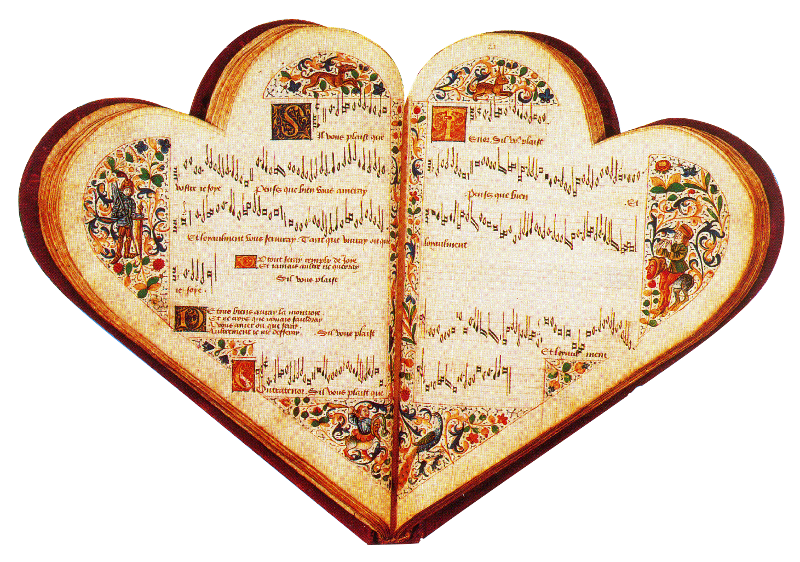
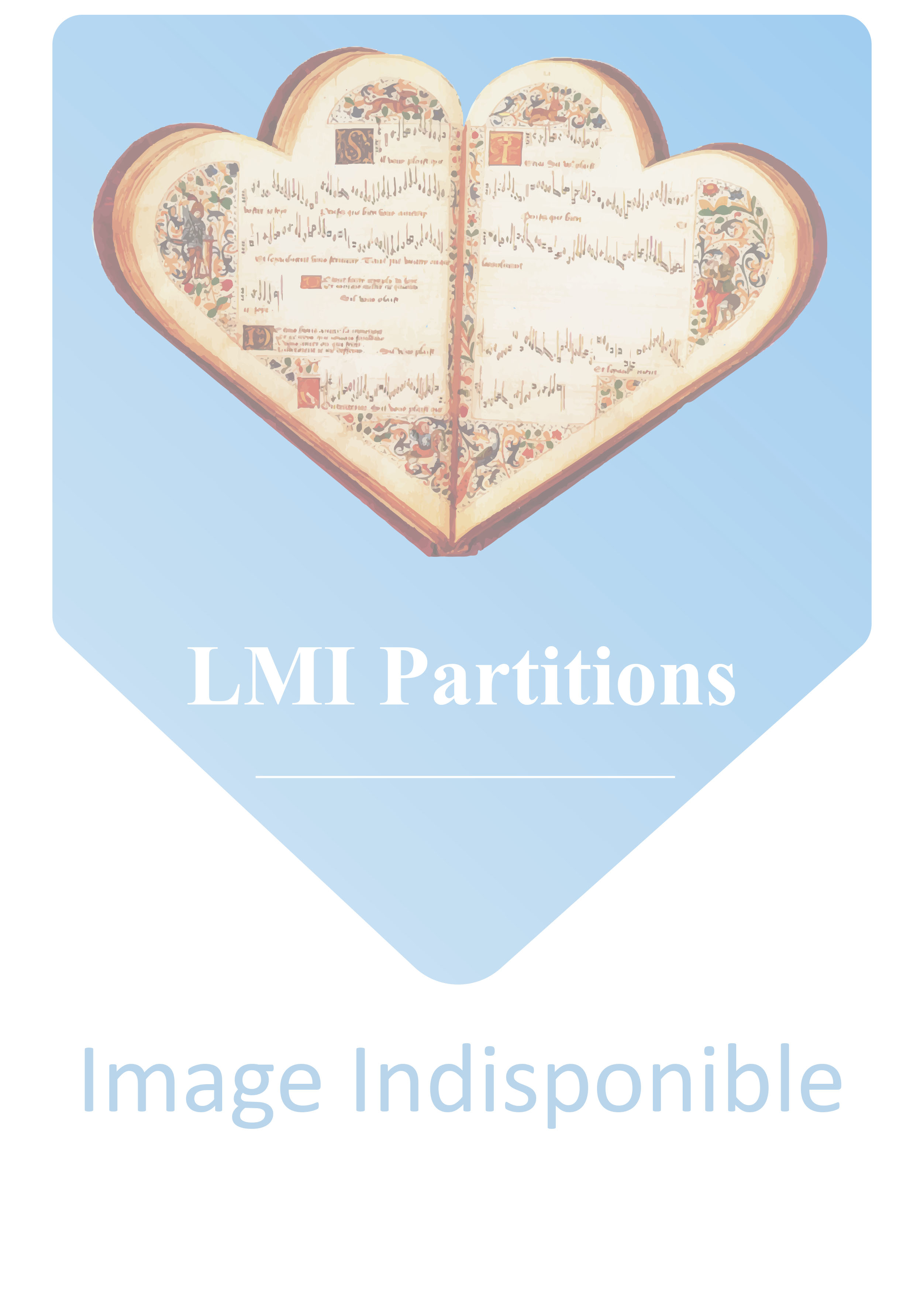
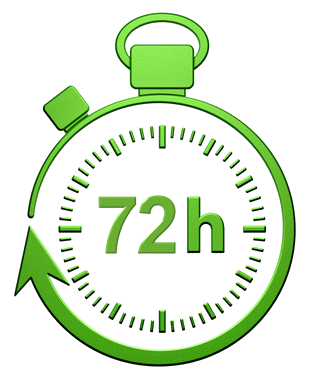
 Gagnez un bon d'achat dès 50€
Gagnez un bon d'achat dès 50€
 30 jours pour changer d'avis
30 jours pour changer d'avis

